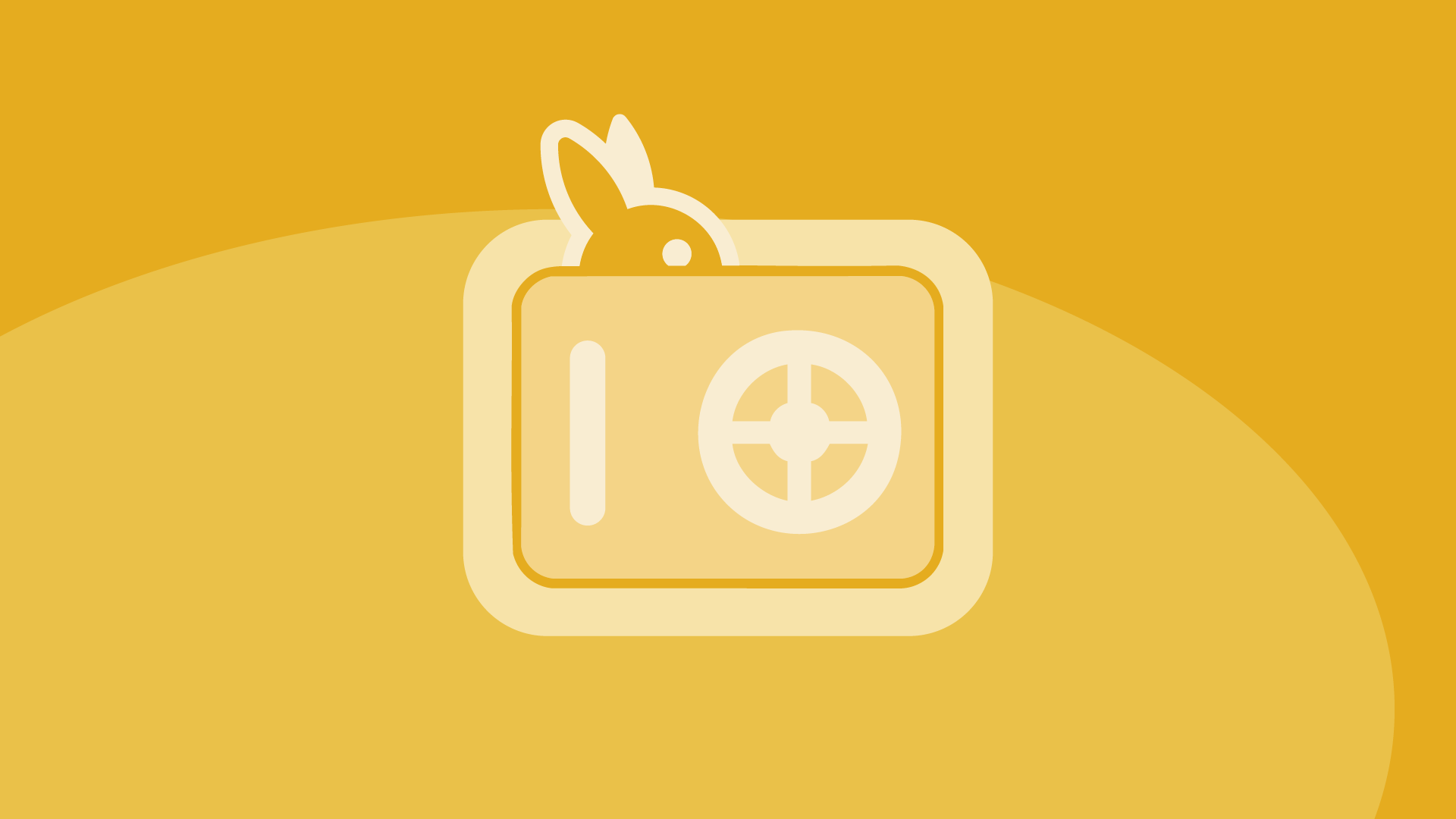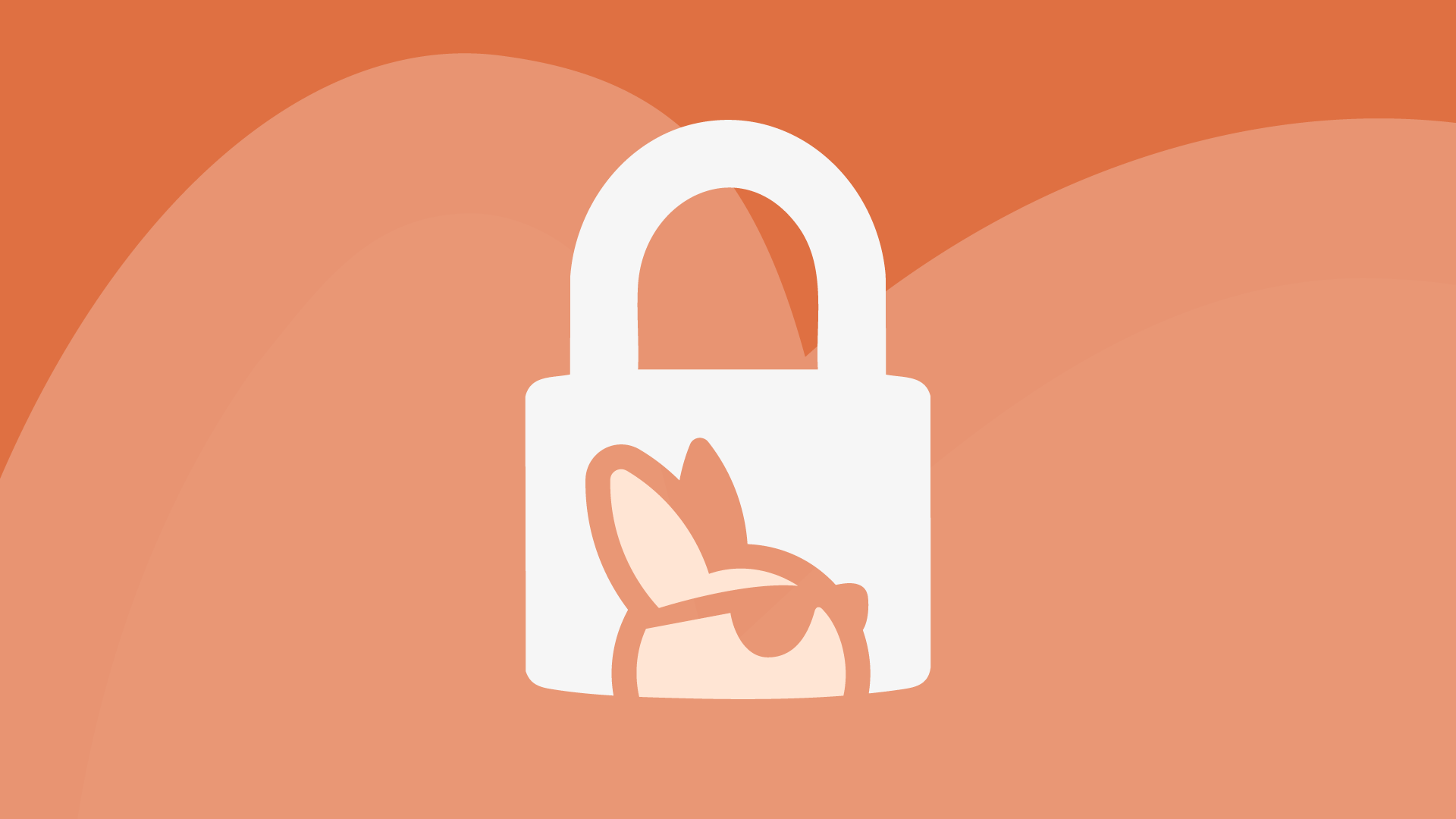When you first get into crypto, you have to answer one simple question: Who do you trust with your money?
Do you trust a big, centralized company (like an exchange) to hold it for you? Or do you trust yourself?
At Joey Wallet, our entire philosophy is built on that second option. We believe that you should be in control. That's why we're a non-custodial wallet, which means we are fundamentally designed to never have access to your keys or your personal data.
Here’s why that’s so important.
Your Wallet Doesn't Hold Coins. It Holds Keys.
This is the most important concept to grasp. Your crypto doesn't live in your wallet app, just like your money doesn't live in your banking app.
Your assets live on a public blockchain, and your wallet holds the one thing that proves you own them: your private key. This key is a secret, powerful password that signs transactions and gives you access to your funds. If someone gets your key, they get your crypto. It's that simple.
The Hard Lessons of "Not Your Keys, Not Your Coins"
You'll hear this phrase a lot. It's not just a catchy saying; it's a painful lesson learned by millions of users.
When you leave your funds on a centralized exchange or in a custodial wallet, you don't hold the private keys. They do. You are trusting them to keep your assets safe. You are just a name in their database, and your balance is only an IOU.
History has shown this is a huge risk. The collapses of platforms like Mt. Gox and FTX, which lost users billions of dollars, weren't just hacks. They were a complete failure of the custodial model. When the company went down, all their users' money went with it, and there was no one to call for a refund.
True self-sovereignty means you don't have to ask anyone for permission to access your own money.
Our Philosophy: How Joey Wallet is Built for Privacy
We didn't just build a wallet; we built it around a core philosophy of privacy and user control. Here’s how that works in practice.
1. We Don't Want to Know Who You Are.
Joey Wallet is a non-custodial wallet. We don't ask for your name, your email, your phone number, or any Know Your Customer (KYC) documents. We can't. Because our wallet connects directly to the blockchain, your identity is your own business.
2. Two Paths to True Self-Custody.
Joey gives you two ways to be in control, and in both cases, we never have access to your keys:
- The Manual Way: You can generate a traditional 24-word secret phrase. This key is created on your device and never leaves it. You are 100% responsible for backing it up.
- The Social-Login Way: Using Web3Auth, your key is split into multiple pieces (using MPC) and secured by your social login and your device's biometrics (like Face ID). No single person—not you, not us, not Google—has the full key.
3. Security You Can See.
Your private key material is encrypted and stored only on your phone's most secure hardware. Our code is open source and has been reviewed by independent security auditors. You don't have to just trust us; you can verify it.
The Great Trade-Off: Freedom is Your Responsibility
This model is incredibly freeing. No company can freeze your account, block your withdrawals, or get hacked and lose your funds.
But this freedom comes with one important trade-off: the responsibility is 100% yours.
If you choose the manual way and lose your 24-word secret phrase, we cannot get it back for you. We don't have it. No one does. Your funds will be lost forever.
This isn't a flaw in the system; it's the entire point. True ownership means you are in full control, for better or for worse.
Being your own bank is the core of Web3. It's a model built for financial freedom and real privacy in the digital age. It's a responsibility, but it's one we believe you're ready to handle.



